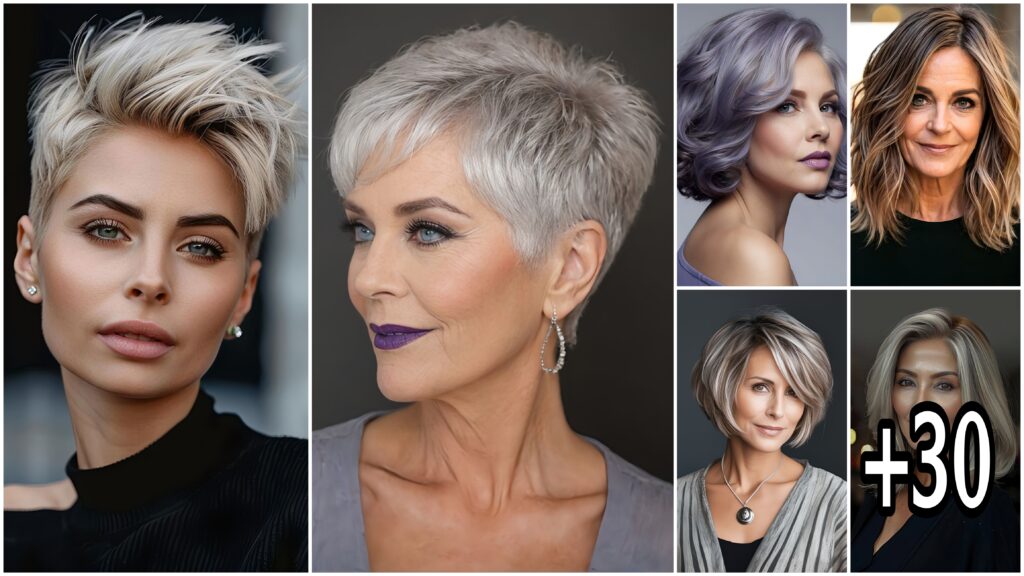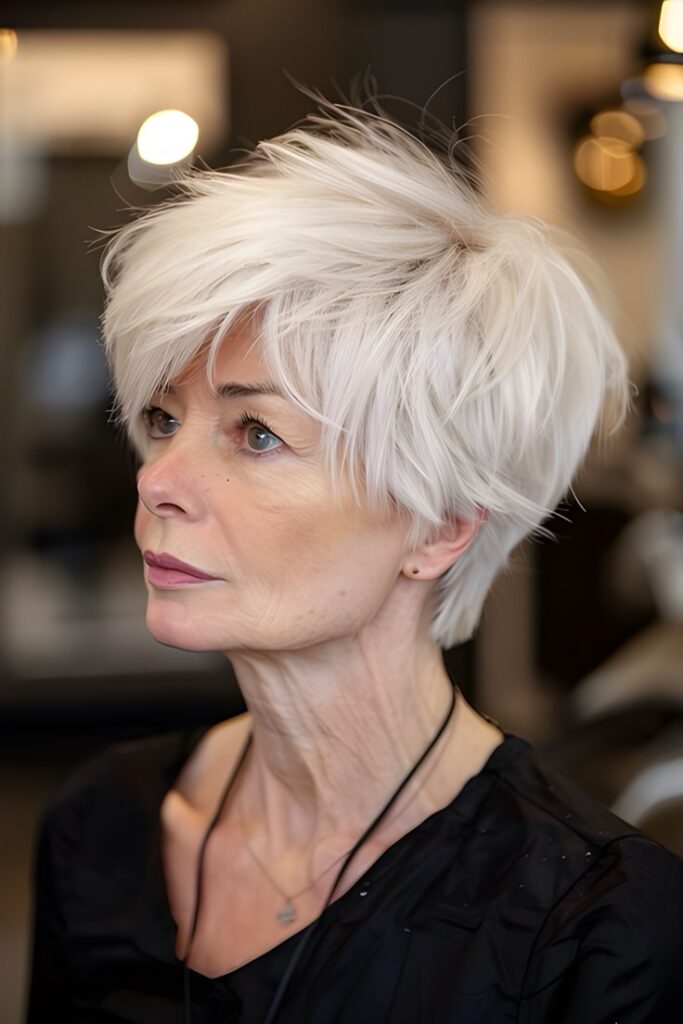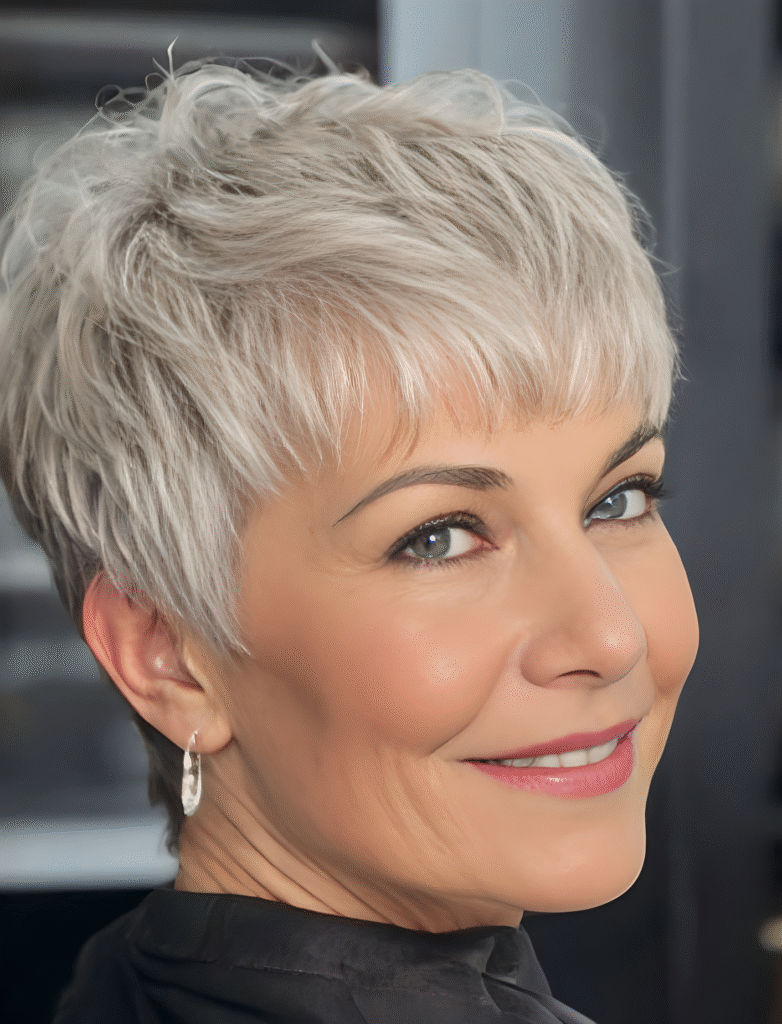Breaking News




Popular News









Enter your email address below and subscribe to our newsletter


Thinning hair is a common concern for many women, and it can be a source of frustration and self-consciousness. Whether you’ve noticed your hair becoming finer over time or you’re experiencing sudden hair loss, the good news is that there are steps you can take to help your hair grow back thicker and healthier. In this article, we’ll explore the causes of thinning hair, effective treatments, and lifestyle changes that can promote hair regrowth. By the end, you’ll have a clear understanding of how to address thinning hair and restore your confidence.


Before diving into solutions, it’s important to understand why thinning hair occurs. Hair loss in women can be caused by a variety of factors, including hormonal changes, genetics, stress, and nutritional deficiencies. Here are some of the most common causes:
By identifying the root cause of your thinning hair, you can tailor your approach to treatment and achieve better results.


If you’re wondering what helps thinning hair grow back thicker, the answer lies in a combination of medical treatments, natural remedies, and lifestyle changes. Here are some of the most effective options:
Topical treatments are often the first line of defense against thinning hair. Minoxidil, an FDA-approved over-the-counter treatment, is one of the most popular options. It works by stimulating hair follicles and prolonging the growth phase of the hair cycle. Regular application can lead to thicker, fuller hair over time.
For women with hormonal imbalances, prescription medications like spironolactone or finasteride may be recommended. These medications help block the effects of androgens, which can contribute to hair loss.
PRP therapy is a cutting-edge treatment that involves drawing a small amount of your blood, processing it to concentrate the platelets, and injecting it into the scalp. The growth factors in the platelets stimulate hair follicles and promote regrowth.
Low-level laser therapy (LLLT) is a non-invasive treatment that uses red light to stimulate hair follicles. It’s been shown to improve hair density and thickness in women with thinning hair.
For women with advanced hair loss, hair transplant surgery may be an option. This procedure involves transferring hair follicles from a donor area to the thinning areas of the scalp.


In addition to medical treatments, there are several natural remedies that can help thinning hair grow back thicker. These remedies are often gentler on the scalp and can be used in conjunction with other treatments.
Regular scalp massages can improve blood circulation to the hair follicles, promoting growth. You can use your fingers or a scalp massager, and consider incorporating essential oils like rosemary or peppermint for added benefits.
Essential oils like rosemary, lavender, and cedarwood have been shown to stimulate hair growth. Mix a few drops with a carrier oil like coconut or jojoba oil and apply it to your scalp.
Aloe vera has soothing and moisturizing properties that can help maintain a healthy scalp. Apply fresh aloe vera gel to your scalp and leave it on for 30 minutes before rinsing.
While it may sound unconventional, onion juice is rich in sulfur, which can boost collagen production and stimulate hair growth. Apply the juice to your scalp and rinse after 15 minutes.
A diet rich in vitamins, minerals, and antioxidants is essential for healthy hair growth. Focus on foods like leafy greens, nuts, seeds, eggs, and fatty fish.


Your lifestyle plays a crucial role in the health of your hair. Here are some changes you can make to support thicker, stronger hair:
Chronic stress can take a toll on your hair. Practice stress-reducing techniques like yoga, meditation, or deep breathing exercises.
Limit the use of heat styling tools like flat irons and curling wands, as they can damage hair and lead to breakage. When you do use them, always apply a heat protectant.
Opt for sulfate-free shampoos and conditioners that are gentle on your scalp. Avoid products with harsh chemicals that can strip your hair of its natural oils.
Drinking plenty of water is essential for overall health, including the health of your hair. Aim for at least 8 glasses of water a day.
While it may seem counterintuitive, regular trims can help prevent split ends and breakage, making your hair appear thicker and healthier.


If you’ve tried various treatments and lifestyle changes without seeing improvement, it may be time to consult a dermatologist or trichologist. These specialists can perform tests to determine the underlying cause of your thinning hair and recommend personalized treatment options.

Thinning hair can be a challenging issue, but with the right approach, it’s possible to grow back thicker, healthier hair. By understanding the causes, exploring effective treatments, and making lifestyle changes, you can take control of your hair health and restore your confidence. Remember, consistency is key, and results may take time. Be patient and gentle with yourself as you embark on this journey to thicker, more beautiful hair.


This comprehensive guide provides you with the knowledge and tools to address thinning hair effectively. Whether you choose medical treatments, natural remedies, or a combination of both, the most important thing is to take action and stay committed to your hair care routine. With time and effort, you’ll be on your way to achieving the thick, luscious hair you’ve always wanted.




